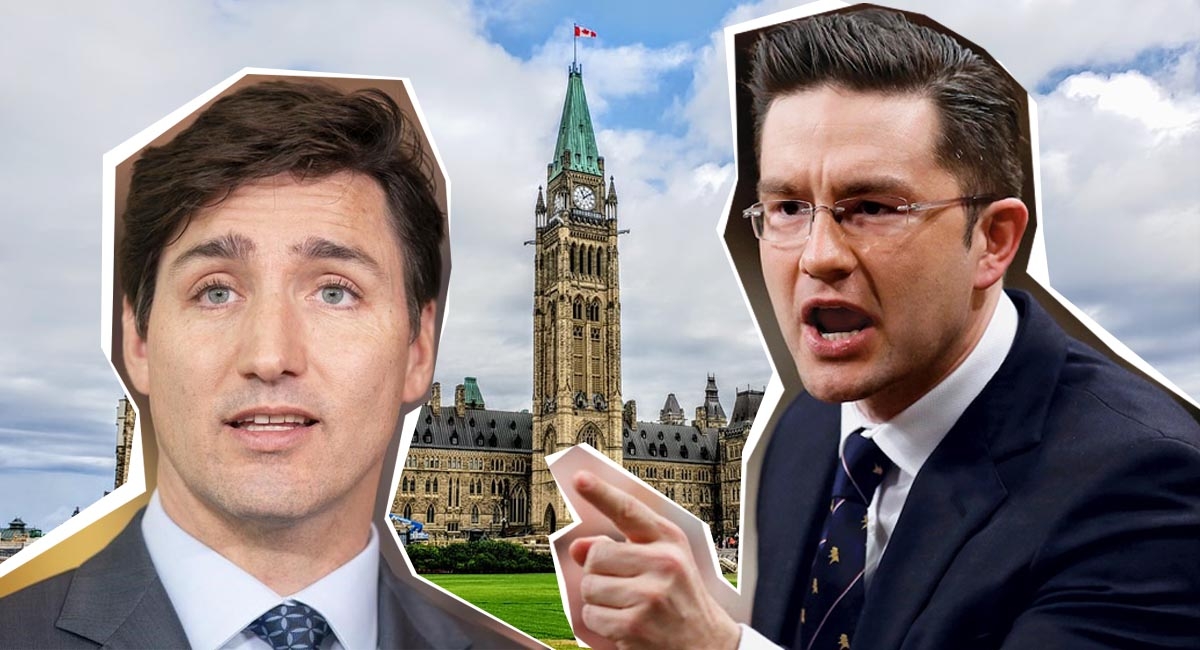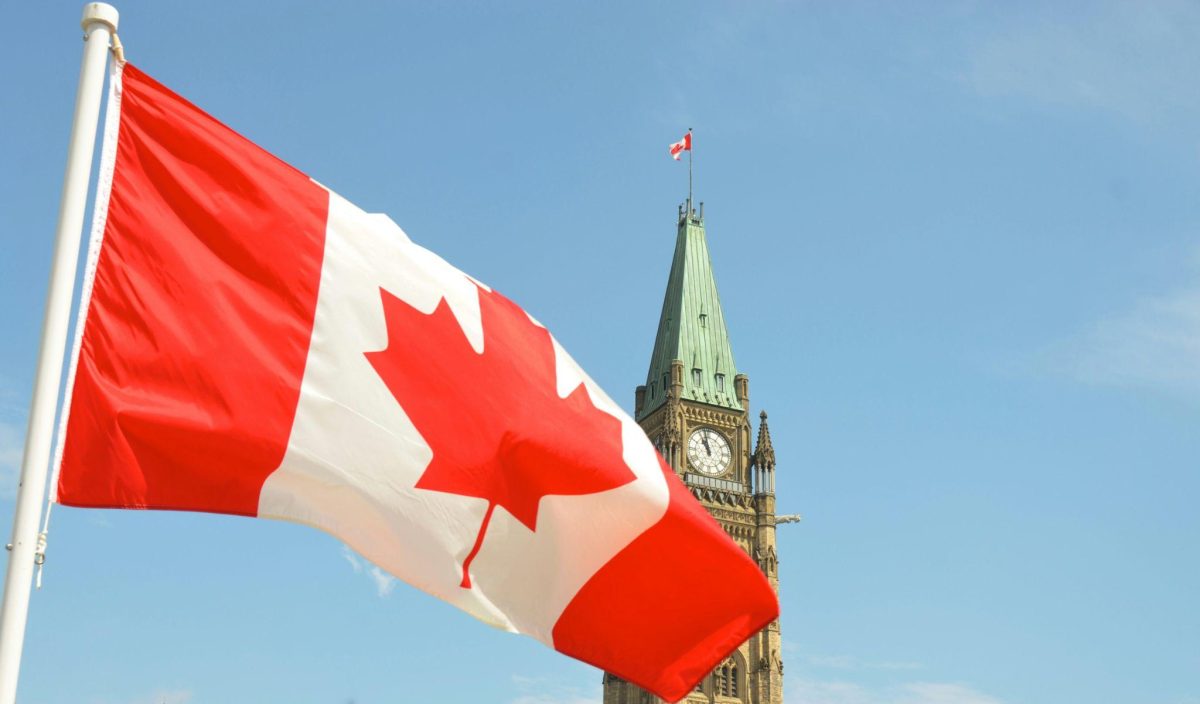
Previewing a Trudeau-Poilievre fight to the finish
If Poilievre wins the Conservative leadership race in September, and it looks like he might, we’ll be treated to a three-year war between him and Justin Trudeau before the next election.
Despite the traditional media’s ridiculing of Poilievre’s more outlandish policies and claims, something is happening with this charismatic performer that will ensure the battle is not the unequal one progressives assume it will be.
For starters, he is consistently bypassing media and communicating directly with his growing numbers of supporters through social media and especially using well-crafted videos on Facebook and YouTube. He is a natural talking without notes directly to the camera, making clear points, and, more often than not, strongly expressing the concerns of cash-strapped Canadians and putting the blame squarely on Trudeau and his policies. He has the authentic voice of fed-up Canadians.
Shrewd political observers see Poilievre as a talented communicator who has run a highly effective campaign, filling venues everywhere across the country. His signing up of 311,958 new members to the party, if true, is the highest number of memberships signed up by any leadership candidate for any political party in Canada ever.
So a strong ground game and a very powerful social media game. And no reliance on traditional media support to get his message out. Their relative impotence is on display and one well-known veteran pundit, Don Newman, even acknowledged in Policy Magazine: “Initially, it seemed the reporting on Poilievre’s rhetoric, his support for the blockaders, his promotion of cryptocurrencies, and his conspiracy theories would begin to be reflected in opinion polls. But like Donald Trump, Poilievre seems to exist within a polling zone of permanently suspended disbelief.”
And conspiracy theories of different sorts do have some appeal to Canadians, as a recent Abacus poll showed. Amazingly, for example, 37% (or 11 million) think “there is a group of people in this country who are trying to replace native-born Canadians with immigrants who agree with their political views.” This is what is commonly referred to as replacement theory.
Poilievre is simply not fighting for hearts and minds in the same way in the same media as his opponents, both Liberals and NDP and Conservative Party people. He is opening up a new style of politics that is evident to anyone who watches his videos.
I just watched an amazing three-minute one-take continuous tracking video of Pierre Poilievre walking through Toronto’s Pearson airport – “this God-forsaken place” – articulately blaming the congestion and huge lineups on what he says are vaccine mandates of a power-tripping Prime Minister that most countries ditched some time ago. It’s one of the most convincing political videos I have ever seen. His voice is strong and unhalting. He speaks with a mask on in the main concourse and doffs it in a great gesture as he walks outside. As it turns out, mandates for domestic travel are now cancelled, while onerous ones for arriving international travelers are still in effect. The accusation stands, and his commitment to never impose such mandates as PM certainly has a following.
Scott Reid, former senior communications guy for Prime Minister Paul Martin and a respected CTV commentator, was quoted in a recent John Ibbitson column in the Globe as saying this video is “proof of the threat Mr. Poilievre poses to the Liberal Party.”
“If anyone doubts how much game this guy is packing, just check this out – a three-minute, one-take tracking shot that comes with a metal-jacketed message,” he posted on Twitter.
I agree, and to get back to the potential Trudeau-Poilievre battle, we have seen hours of Trudeau on camera daily during the pandemic. His somewhat dour scripted, carefully worded outings have the air of lectures with none of the broad appeal hope hard work and sunny ways of the 2915 campaign had. Now it’s all “we have your back,” with not a lot to back it up. This was proven in his Deputy Prime Minister’s recent speech in Toronto, rehashing already announced policies as an answer to dealing with inflation. Again, Liberals seemed to not be sensitive to the real problems of ordinary Canadians. The Globe’s Campbell Clark wrote in a recent column: “(Trudeau’s) government doesn’t have a compelling policy response to inflation. It also doesn’t seem to understand the angst ordinary Canadians feel about it. “
A friend of mine got it right when it comes to who and how is being targeted: – he wrote: ”As an NDP person recently said, ‘We gave up the working class for the chattering class.’ Well, they and the Liberals have most of the chattering classes. But the cost may possibly be much too high. The same mistake Hillary made with her ‘deplorables’ attitude.”
This class totally disdains the truckers that Poilievre embraced for their dedication to his loose focus on “freedom.” A recent article in the New Statesman reviewing two books about the rise of authoritarianism in western politics made a telling point about ignoring the cries of the angry and dispossessed: who are seduced by simplistic messages: “Too often the response of political mainstreams has been to belittle such voters for their faith in obviously illusory answers, rather than asking themselves what causes the sense of dislocation in the first place.” Indeed. The mainstream parties have not been paying attention. Poilievre has.
In the last Ontario election, Doug Ford heard these voters, and the Liberals did not. His common person demeanor worked, and he understood that they did not want fancy social policies and that building new highways, subways, and infrastructure and the new jobs that came with these investments was just fine.
Pollsters seem to agree that voter fatigue is the Liberals biggest enemy going forward. If this is the case, Poilievre has the advantage of moving quickly and being sharp and original. And relentless in fastening people’s anger and frustration with the current government.
There will be an ongoing fight, perhaps not to the finish, since what Trudeau’s father called the good common sense of Canadians with a major push by the Liberal ad machine that could redefine Poilievre and eat away at his credibility. But never since his father and Rene Levesque squared off have we had such polar opposites in such gladiatorial political combat.









